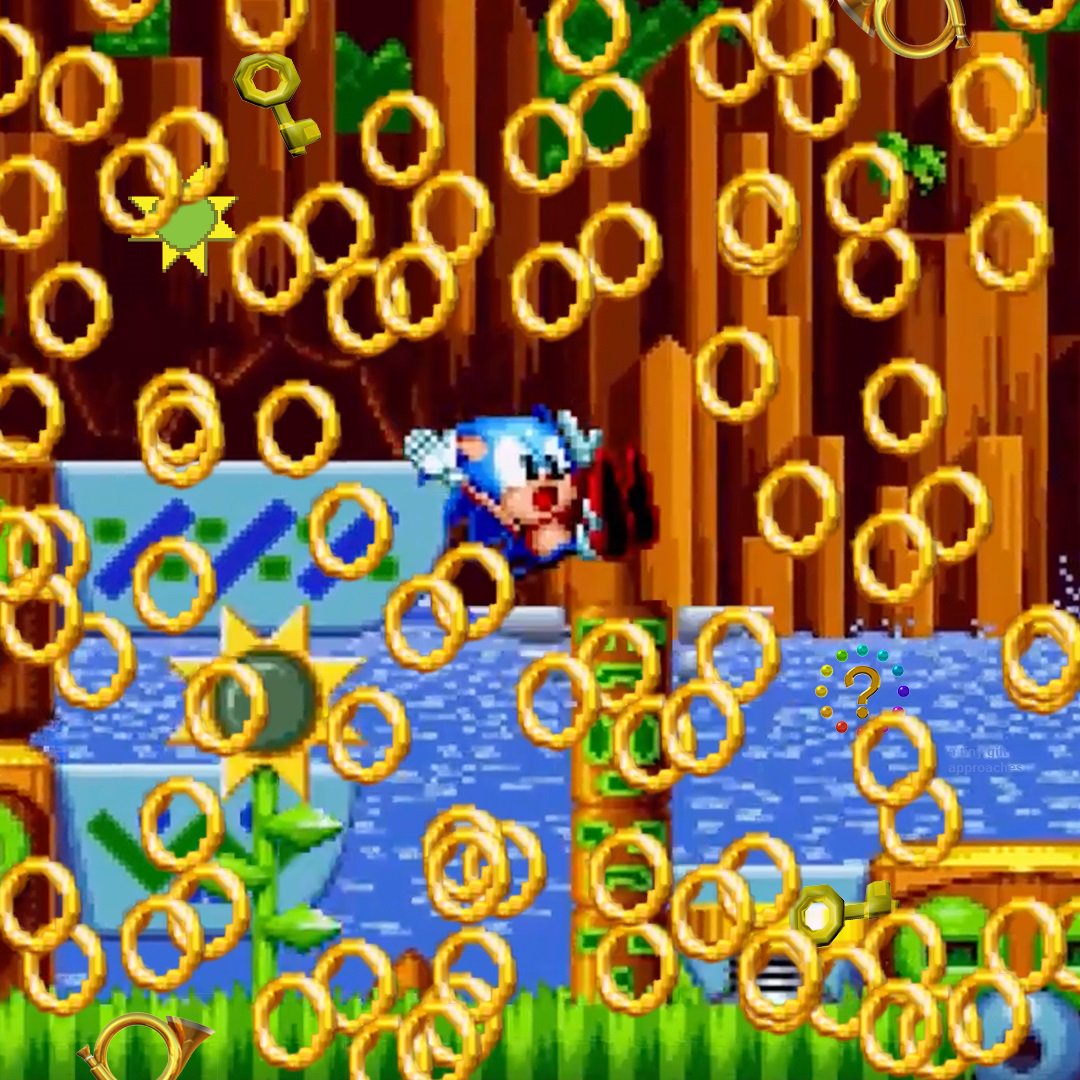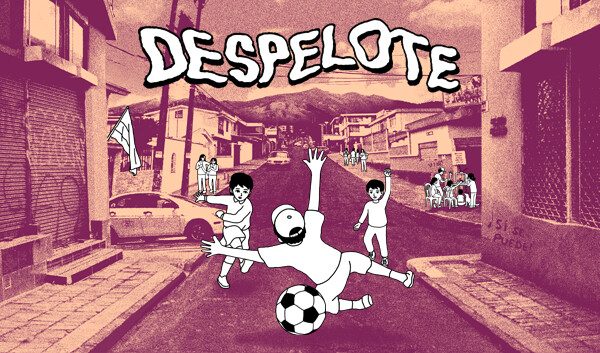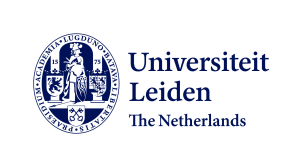Ah… September! A great month for playing games, reading new and old bits, dreaming about play-walking gadgets, and admitting to being a Nintendo Nerd. I also suppose it is the time we all get back to class.
Last game you played? Hollow Knight: Silksong. I have not played much of it yet, so I don’t have a verdict yet. However, this is one of these games that I picked up out of professional interest, as it is likely to be a touchstone for students coming into Game Studies. I didn’t much care for the original Hollow Knight, but let’s keep that our secret shall we?
What activity that most others see as a task or chore, is something that you actually enjoy? I don’t know about most other people, but I suspect my partner doesn’t really enjoy driving long distances. At least, I often end up doing most of it and love it, including on our recent holiday in Czechia. Great country for touring.
Quote from a reading you’d recommend? I have not read beyond chapter 2, so I do not know yet if I recommend the full book, but I think The Well-Read Game has a pretty strong opening line: “This book is about the experiences we have when we play games: not the outcomes of play or the aesthetics of formal game structures themselves, but the ephemeral and emotional of being in play that all players have but rarely discuss.” It immediately makes clear what this book will be arguing for. Only change I would make is to lose the jargony “the aesthetics of formal game structures themselves.”
What’s something you’ve done, written, or helped create that you’re proud of? Only published last year it still really is a blast from my past: Network Epistemologies in Archaeology, a chapter for the Oxford Handbook of Archaeological Network Science that I co-authored with Carl Knappett. The co-author is one of the reasons I am really proud of this chapter: Carl is a star in archaeological theory and, in particular, his thoughts on networks and materiality have been a major influence for my PhD thesis. Being able to write with him was a bit of a dream come true. In addition, I am happy how we were able to articulate an epistemology of networks in archaeology, a concept that in archaeology veers between the extremely fuzzy and the very formal. We managed to cram some of my favorite early 20th century thinkers in (Georg Simmel and Marcel Mauss) as well as the still crucially important concepts of verstehen (understanding) and erklären (explaining) by the philosopher Dilthey and there is a solid discussion on big data and slow thinking. What is not to like!
What game has some stellar/your favourite voice-acting Sid Meier’s Civilization 7. I’ll just come out and say it: Gwendoline Christie has Sean Bean beat (and his voice for Civ6 is a wonder of the world already).
What gadget would you like to try or already have and can recommend? I need to get a bit more active, so I wouldn’t mind trying out a walking pad, just to see if I can play some open world game and take a hike at the same time.
What’s one of your favourite historical anecdotes? “A land rude in its surface, rigorous in its climate, cheerless to every beholder and cultivator, except a native.” That’s the armchair historian Tacitus speaking about Germania, what is now the Netherlands and Germany. If you want to know why this is is my favorite, you should read my ‘Toying with History‘
What’s a game that you really should’ve played by now? Sonic the Hedgehog. I played maybe 60 minutes in total of this all-time classic and in fact have not touched any of the other Sonic games since. Why? Because I was a Nintendo Nerd and not a Sega Kid.
What question should be swapped out for another?
Let’s send What gadget would you like to try or already have and can recommend? on its merry consumerist way and, since the academic year just started, let’s bring in something to ponder the joy of learning and teaching: What’s a moment of learning or teaching that felt really fun to you?

From ancient boardgames to the hopeful future of fun, Angus Mol has been blending past and play since at least 10,000 BCE. A completely healthy childhood fervour for Nintendo and, later, PlayStation and PC gaming was discontinued in favour of a career in Caribbean archaeology, a decision that still left plenty of need for game-based escapism. Some entanglement studies at Stanford and a stint at the Prince Claus Fund for development and culture later, Angus has found his way to play as a co-founder of the VALUE foundation, director of the LUCDH, and as the Principal Investigator of PlayTime where he combines heritage and game studies with Digital Humanities tools — talk about lucking out in the long game.




